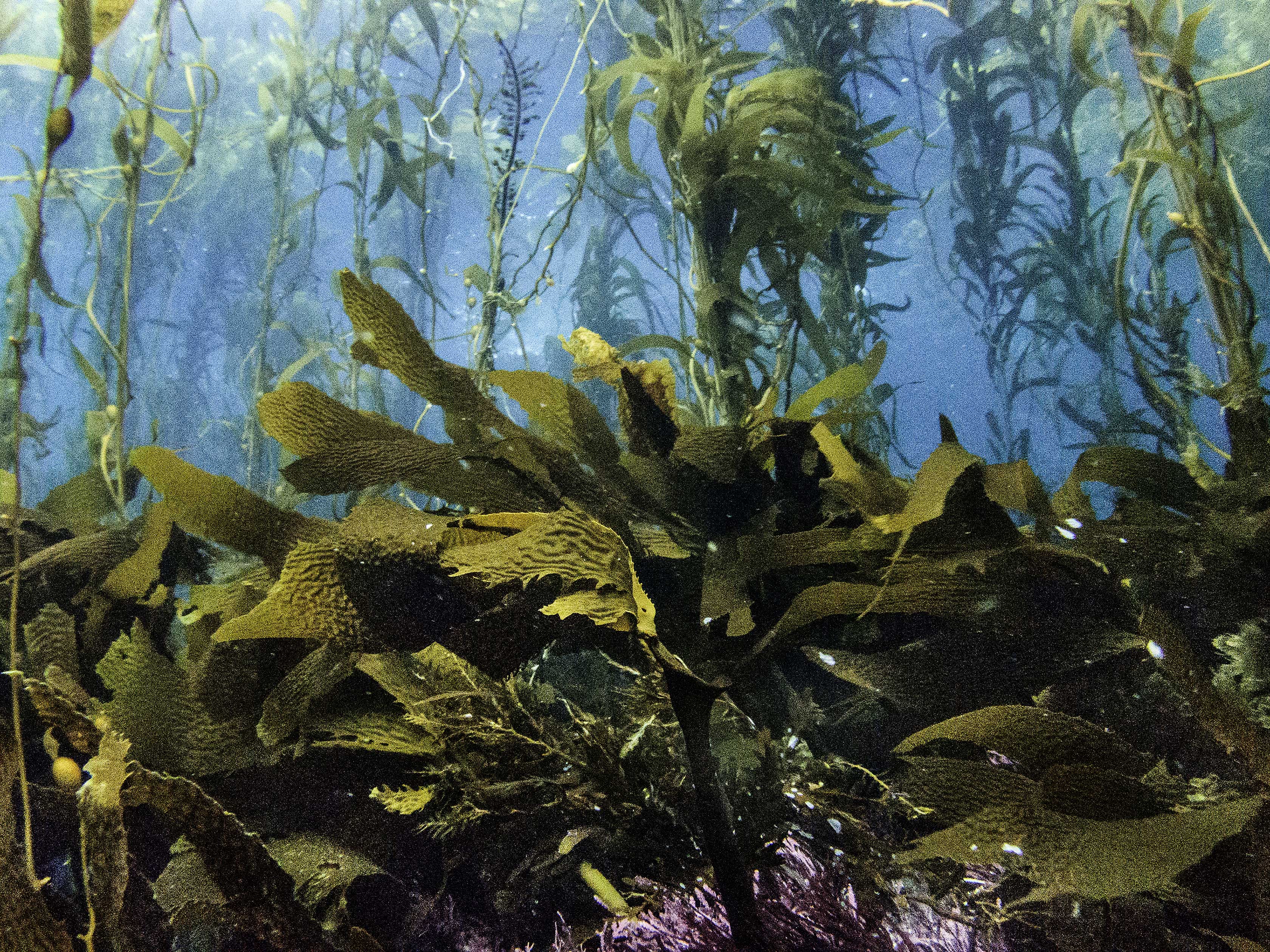
Santa Barbara Coastal Long-Term Ecological Research (SBC) Project is headquartered at the University of California, Santa Barbara, and is part of the National Science Foundation’s (NSF) Long-Term Ecological Research (LTER) Network. NSF established the LTER Program in 1980 to support research on long term ecological phenomena.
The research focus of SBC LTER is on ecological systems at the land-ocean margin. Although there is increasing concern about the impacts of human activities on coastal watersheds and nearshore marine environments, there have been few long-term studies of the linkages among oceanic, reef, sandy beaches, wetland, and upland habitats. SBC LTER is helping to fill this gap by studying the effects of oceanic and coastal watershed influences on kelp forests in the Santa Barbara Channel. Giant kelp is the world’s largest and fastest growing submarine plant. It forms dense forests in the northern and southern hemispheres that are among the most productive ecosystems in the world. They provide food and shelter for a wide diversity of organisms, many of which have high economic value.
The primary research objective of SBC LTER is to determine the importance of land and ocean processes in structuring giant kelp (Macrocystis pyrifera) forest ecosystems for different conditions of land use, climate and ocean influences.
